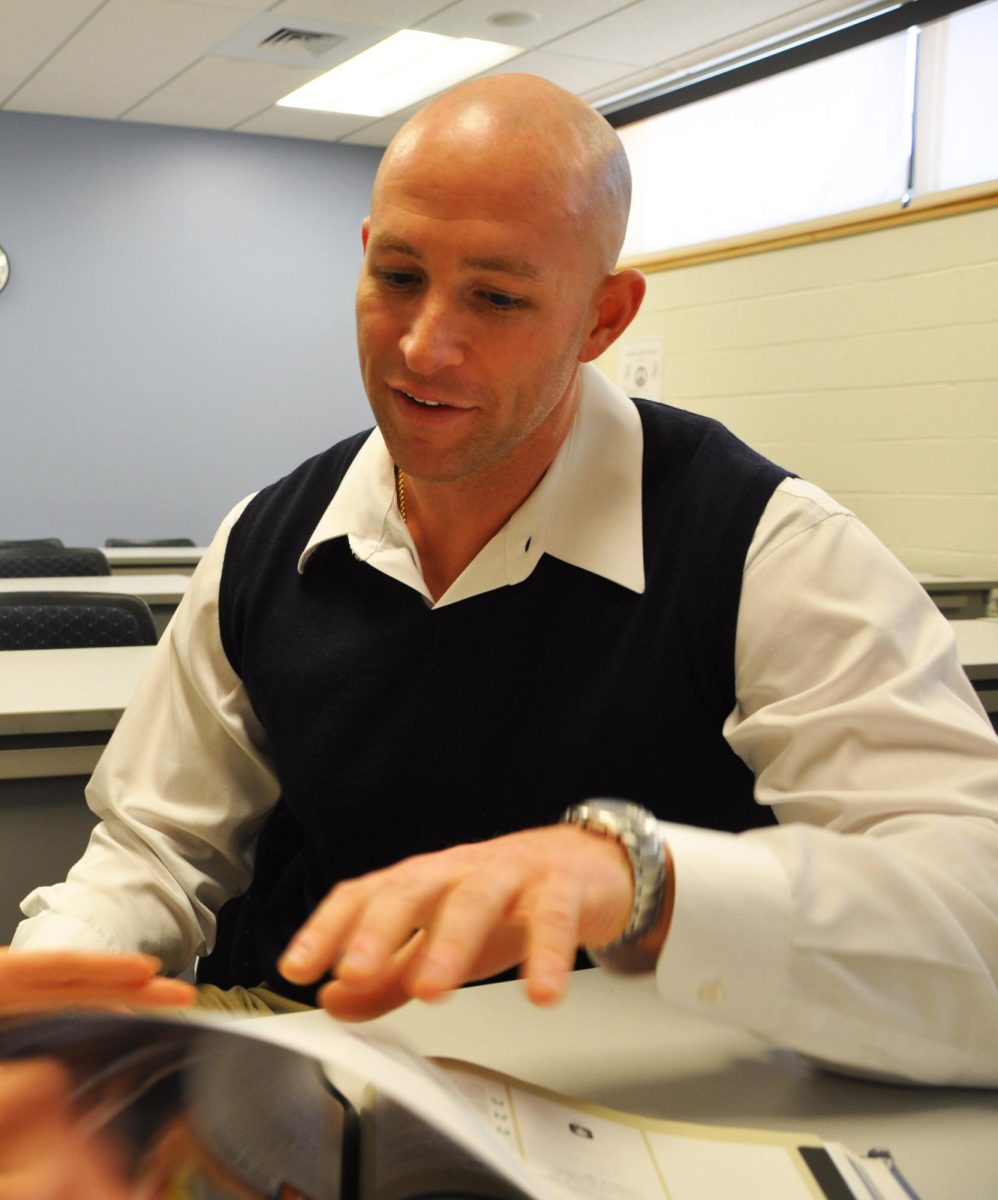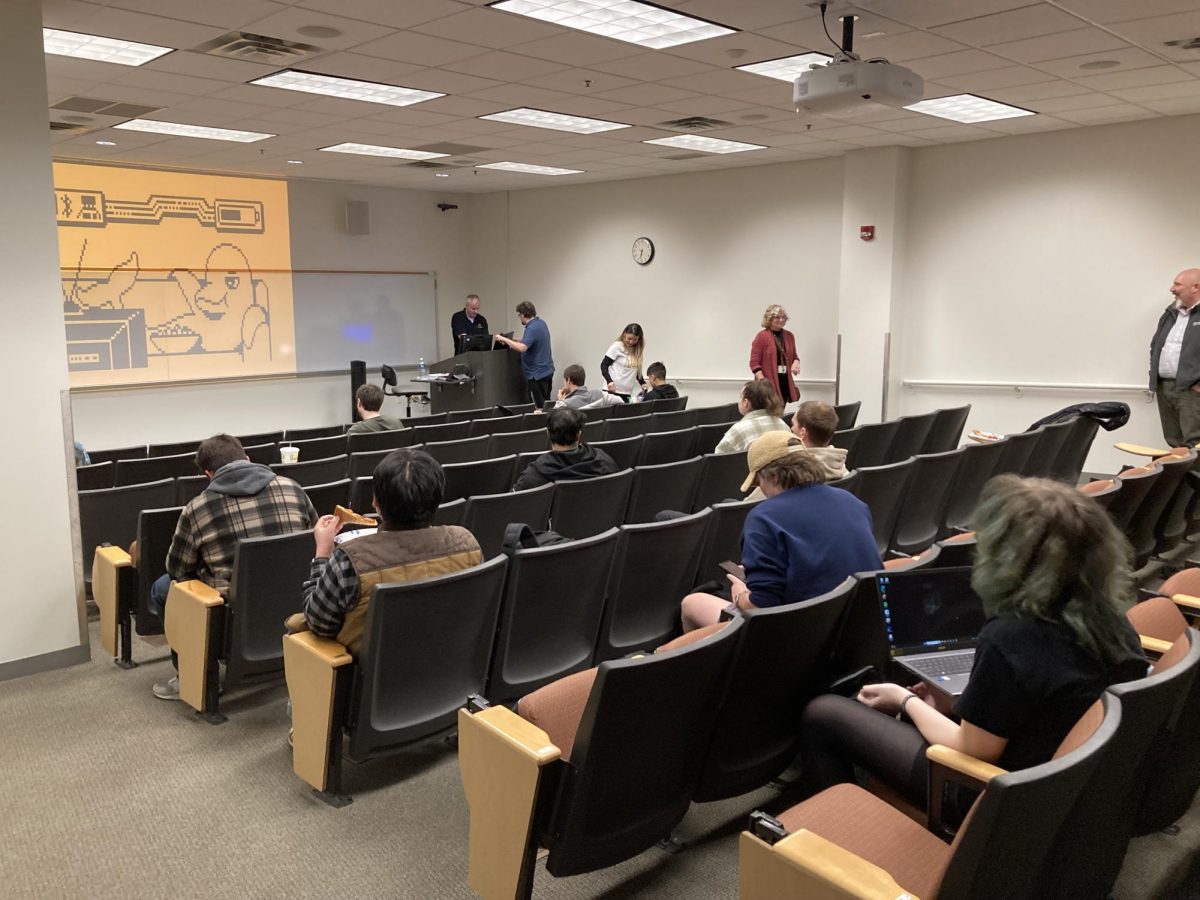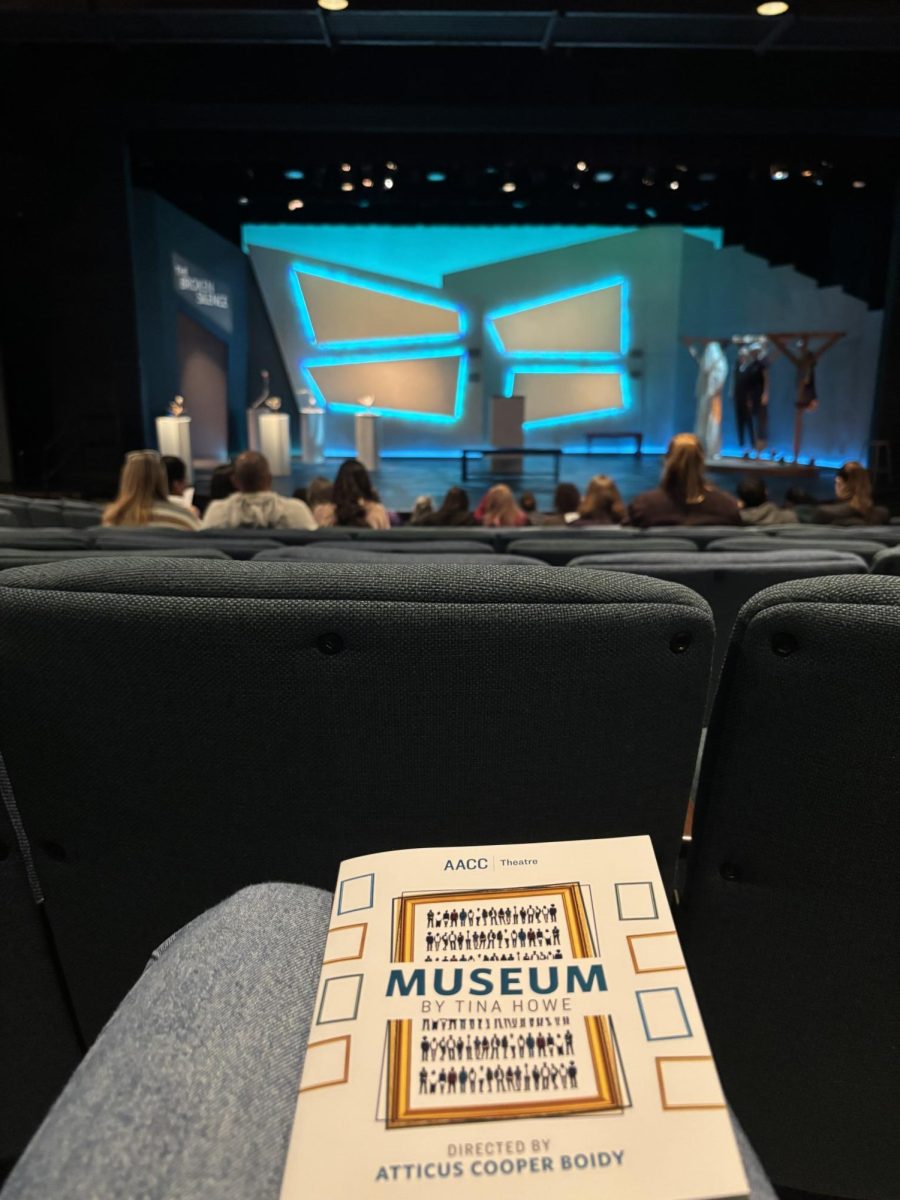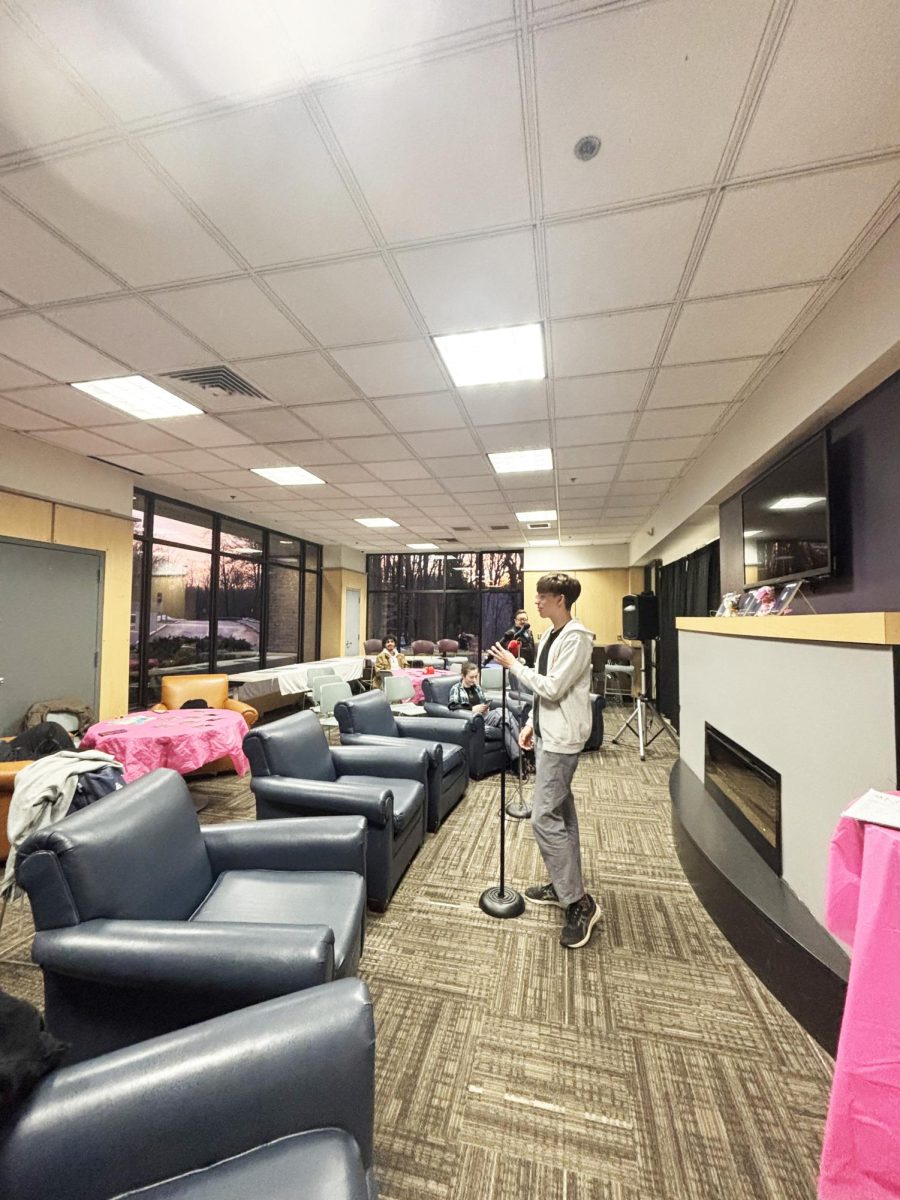A business professor was suspended from his job over the summer after agreeing to comply with a protective order filed against him by one of his 18-year-old former students.
Reb Beatty, 43, said he agreed to the Anne Arundel County District Court order requiring him not to contact the teenage student and to stay away from her home, workplace and school.
The teenage student said in the petition for protection that she had met Beatty as a 17-year-old high school student taking his accounting class at AACC, and that their relationship began shortly after her 18th birthday.
The student accused Beatty of manipulating her, turning her against her parents and not allowing her to leave his home, according to the petition.
In an email statement to Campus Current, Beatty said he plans to file a defamation lawsuit against the young woman and her parents.
The student did not respond to Campus Current’s request for comment as of the newspaper’s print deadline.
Beatty alleged that the teenage student’s request for a protective order was “almost entirely comprised of exaggerations or outright lies. [The student’s] statement is an attempt to rewrite history.”
In her petition to the court, the student alleged that the relationship began shortly after her 18th birthday, when Beatty asked her to babysit his children for a second time. While she was at his house, she said, he flirted with her and tickled her.
After her high school graduation, she said in court papers, “he bought me flowers, found my address on his own, and left them at my front door. He didn’t sign it so my parents wouldn’t know who left them.”
They began to have a sexual relationship after she graduated and turned 18, the student said in her court petition. She alleged that Beatty insisted on having unprotected sex, which she initially resisted to avoid getting pregnant.
In the petition, she alleged that he gave her so much alcohol that she couldn’t walk, and continued to pressure her to drink more.
Later, she said, she moved into his house.
She also alleged in the petition that he tried to convince her to move her money into a joint bank account with him.
Once she realized she wanted to leave him, she said in court papers, “He would manipulate me and make me feel like I can’t leave. He was very adamant that he had a lot to lose and I had little to lose.”
Finally, she said, she ran away from his house, without her shoes so he didn’t think she was trying to leave.
Beatty said he voluntarily accepted the protective order to “de-escalate the situation and allow all parties to move forward,” not because the student’s claims were true.
In his statement to the student newspaper, Beatty said, “At no point during the semester was there any type of intimate relationship.”
On a website he created to “share the truth” about the relationship, Beatty said he didn’t know the student was in high school when he met her in his class.
He alleged on his website that she said she did not care about their age difference.
As of Sept. 17, Beatty’s website said he was suspended from the college following an allegation that he was in a sexual relationship with the teenager while she was a student in his class, which he has denied.
The student petitioned to the court to have the website taken down, which was denied by the Anne Arundel County District Court.
Dan Baum, AACC’s executive director of strategic communications, said in a statement that the college does not comment on personnel matters. He added, however, “Anne Arundel Community College is committed to maintaining a safe and respectful environment for all members of our community. … Please be assured that we always take the necessary steps to address any concerns with the utmost seriousness and in accordance with our institutional policies and all federal, state and county laws and regulations.”
AACC’s Nepotism and Personal Relationships Policy “discourages a faculty member from having an intimate relationship with an adult student, even if there is not a faculty-student relationship,” adding that a professor in such an intimate relationship cannot evaluate the student’s work.”





















